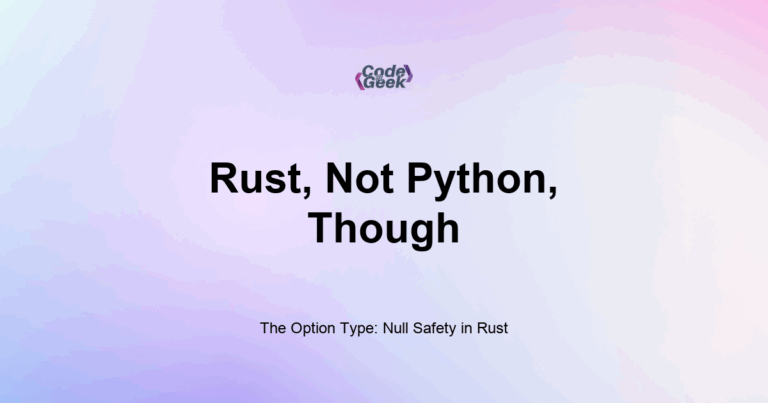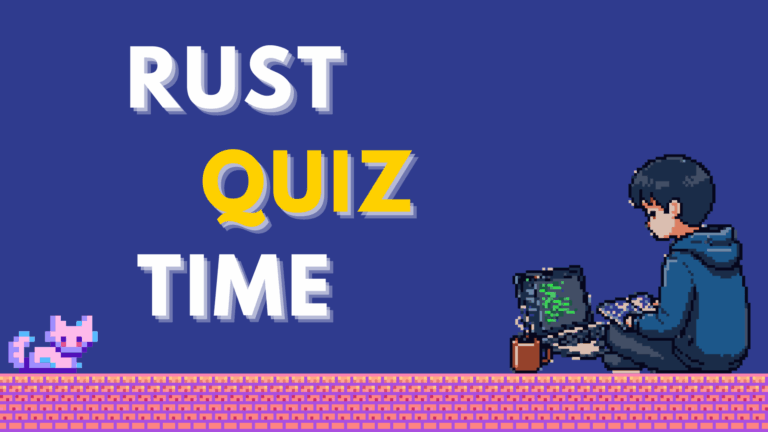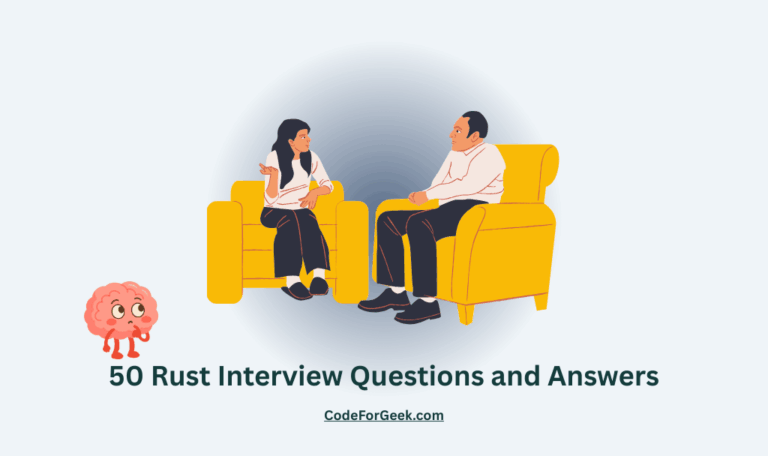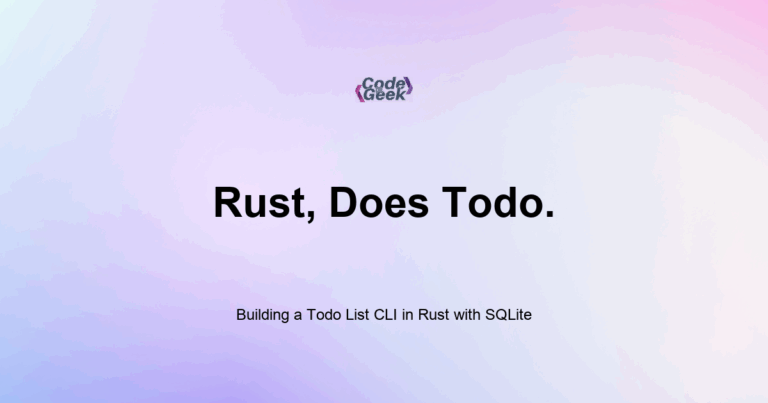New to Rust? Grab our free Rust for Beginners eBook Get it free →
The Option Type: Null Safety in Rust

Rust does not have null values. Instead, it uses the Option type to represent values that may or may not exist. Option is an enum with two variants: Some(T) for a value, and None for the absence of a value.
Null values cause many runtime bugs in other languages. Rust solves this by replacing null with the Option type. This forces you to handle the case where a value might be missing, at compile time.
In this post, I will show you how to use Option safely, how to work with its two variants, and how to extract values without crashing your program. If you have not read Pattern Matching with Enums, you should do that before this.
What Is Option?
Option is an enum defined like this:
enum Option<T> {
Some(T),
None,
}
It wraps another type. You use Option any time a value might be optional.
Creating Option Values
You can wrap a value in Some:
let name = Some(String::from("Alice"));
Or create a missing value with None:
let age: Option<u8> = None;
Note: You must declare the type if it cannot be inferred.
Matching on Option
Use match to safely unwrap an Option:
match name {
Some(n) => println!("Name is {}", n),
None => println!("No name provided"),
}
This is safe and forces you to handle the missing case.
Using if let
If you only care about the Some variant:
if let Some(n) = name {
println!("User's name is {}", n);
}
This is shorter than match but skips the None case.
Chaining with map and unwrap_or
Instead of match, you can use map to transform values:
let name_len = name.map(|n| n.len());
If name is Some, this returns Some(length). If None, it stays None.
To get a default if missing, use unwrap_or:
let username = name.unwrap_or(String::from("Guest"));
This avoids crashes while giving you a fallback.
Avoid unwrap() in Production
The unwrap() method returns the value if Some, but panics if None:
let user = name.unwrap(); // crashes if name is None
Only use this in tests or if you are absolutely sure the value exists.
Returning Option from Functions
Functions often return Option when a value may be missing:
fn first_char(s: &str) -> Option<char> {
s.chars().next()
}
Call it like this:
match first_char("hello") {
Some(c) => println!("First char: {}", c),
None => println!("Empty string"),
}
Common Use Case: Searching in a Collection
let users = vec!["Alice", "Bob", "Carol"];
let found = users.iter().find(|&&name| name == "Bob");
match found {
Some(n) => println!("Found: {}", n),
None => println!("Not found"),
}
find() returns Option, which you can safely match.
Summary
Rust replaces null with the Option type, making your code safer and more predictable. By forcing you to handle missing values upfront, it avoids many runtime bugs that happen in other languages. You will see Option used everywhere in Rust.
Rust Learning Path
- Introduction to Rust
- Setting Up Rust Development Environment
- Your First Rust Program
- Variables and Mutability in Rust
- Constants and Immutability in Rust
- Type Annotations and Inference in Rust
- Variable Shadowing and Scope in Rust
- Rust Primitive Data Types
- Working with Strings in Rust
- Every Operator in Rust Explained
- Tuples in Rust
- Arrays and Slices in Rust
- Rust Decision Making: if & match
- Loops in Rust
- Reading Input from the Console in Rust
- Mastering Rust Functions (For Beginners)
- Understanding Ownership in Rust
- Borrowing and References in Rust
- Copy Types vs. Move Semantics in Rust
- Cloning Data in Rust
- Methods and Associated Functions in Rust
- Enums: Defining Variant Types in Rust
- Pattern Matching with Enums in Rust
- The Option Type: Null Safety in Rust
- Error Handling with Result
- Unrecoverable Errors in Rust
- Organizing Code with Modules in Rust
- Cargo Basics: Rust Package Manager
- How to Use External Crates in Rust
- Debugging Rust Compiler Errors
- Writing Comments and Documentation in Rust
- Code Formatting and Linting with rustfmt and clippy
- Rust vs JavaScript





